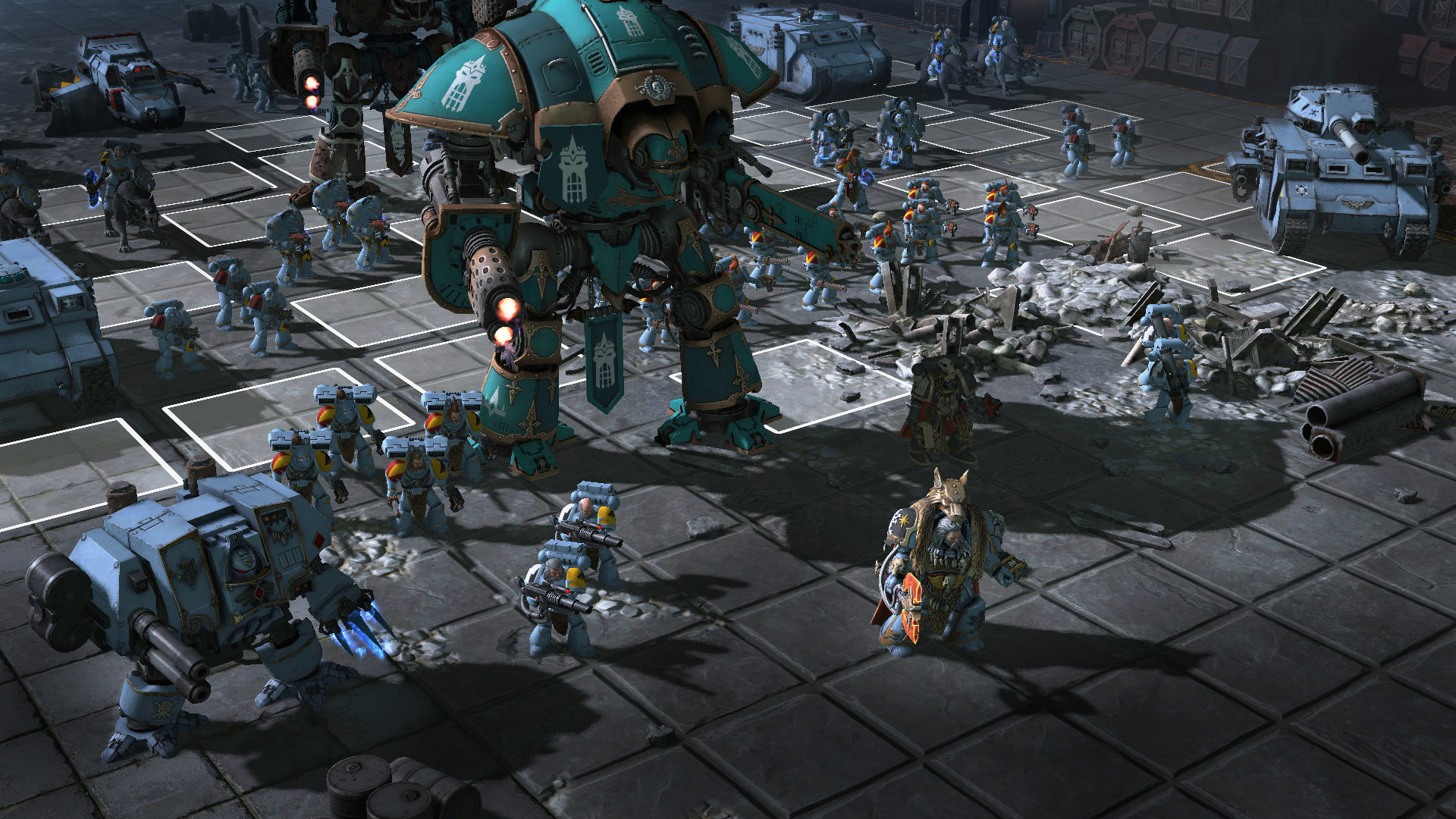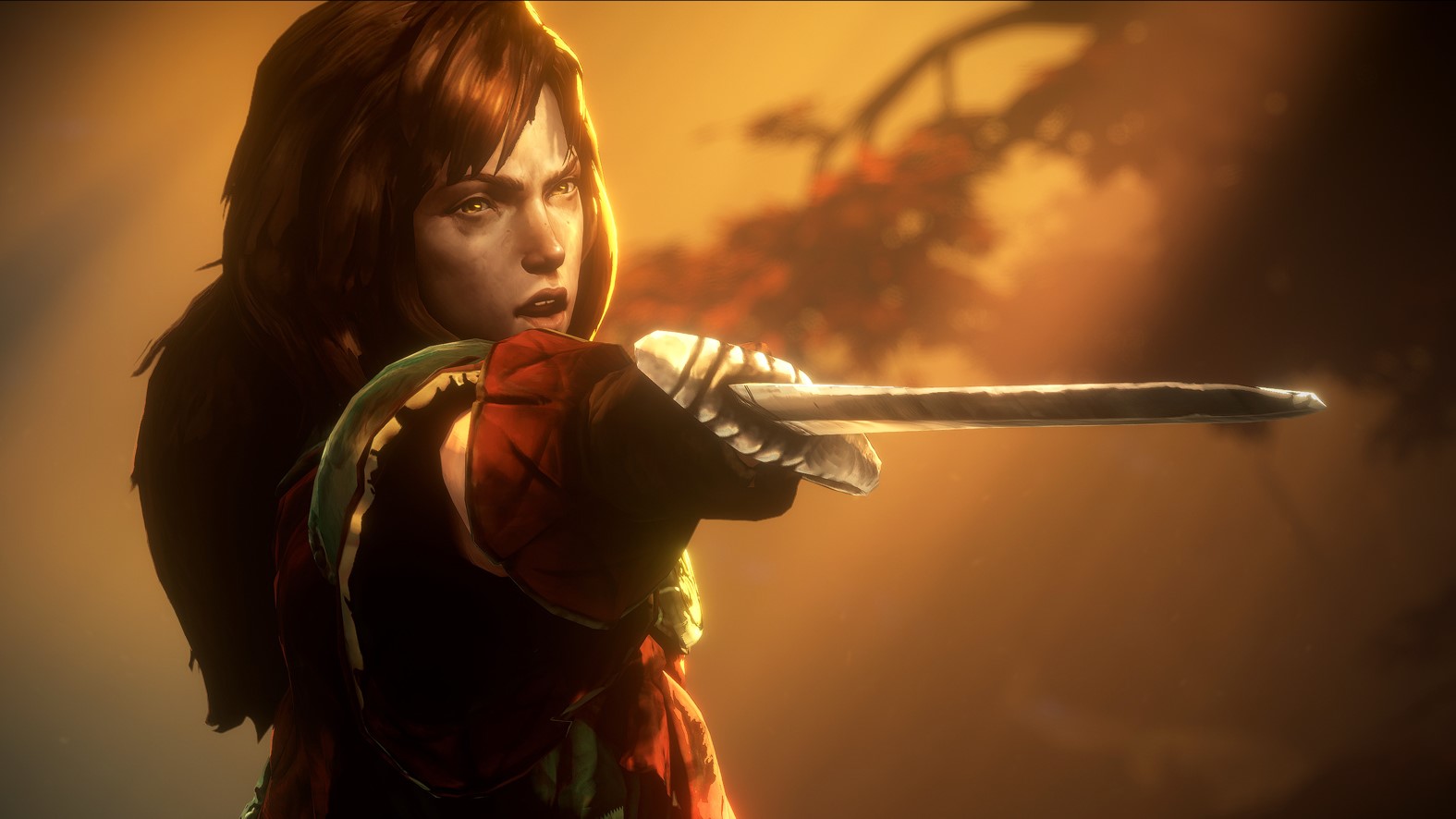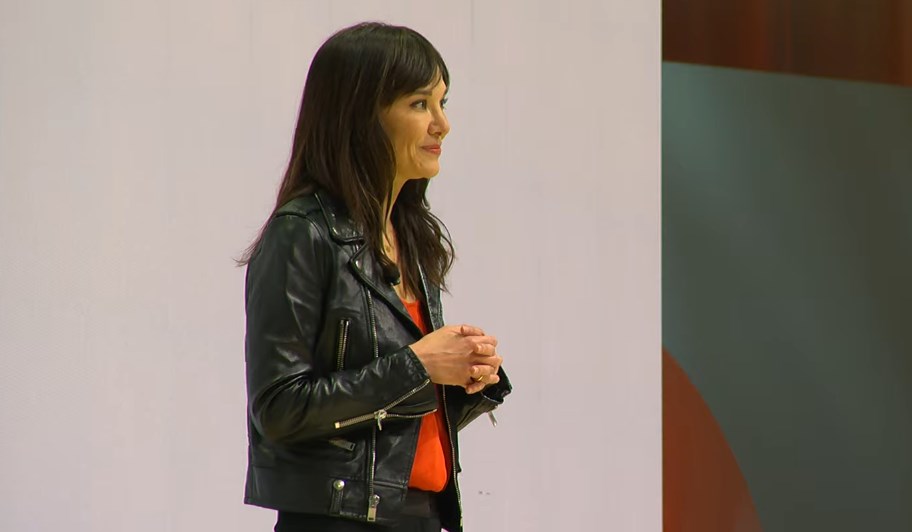
A Wounded Fawn was reviewed out of the Tribeca Film Festival, where it made its world premiere. It will be released by Shudder in late 2022.
Before the dust settles — hell, before I even kick any dust — let me be frank and state with complete confidence that Travis Stevens’ risk-taking A Wounded Fawn won’t be for everyone. What begins as a slasher bathed in Giallo splatters evokes everything from Sam Raimi to Stanley Kubrick to Hulu’s Fresh with its ferocious focus always on toxic masculinity. Lead actor Josh Ruben (director of Scare Me and Werewolves Within) seems to draw inspiration from the likes of William Lustig’s Maniac to Mary Harron’s American Psycho in creating his split-personality psychopath, with tremendous parallels to Sebastian Stan’s work in Fresh, to call it out for the second time. In fact, from the cabin location to feminist upheaval as a commentary that uses familiar slasher archetypes, A Wounded Fawn would be a sensical second course after watching that dating horror movie — just swap the cannibalism for Son of Sam voices in heads.
Ruben stars as Bruce Ernst, an art appreciator and woman hunter who’s buttering his latest victim Meredith Tanning (Sarah Lind). Stevens and co-writer Nathan Faudree outline Bruce as a charismatic, worldly romantic who quotes sophisticated prose, and Ruben delivers all of that believably brainy serial killer charm. Bruce whisks Meredith to his scheduled “cabin” — a much more modern chic vacation home — adorned with sculptures and artwork sure to impress his curator crush. Ruben does well as Bruce calms Meredith’s nerves since she’s still plagued by abusive relationship memories, while also selling Meredith’s impending doom as Bruce starts seeing the ruby-light-drenched Owl entity (aptly titled “The Red Owl”) urging him to butcher Meredith post haste.
A Wounded Fawn is a little bit of everything, for better and worse. There’s no structure to grapple. Stevens vigorously shakes a potent cocktail with ingredients from ‘80s lakeside slashers, ‘70s psychological mindfreaks, Steven Kostanski-style do-it-yourself practical effects (Manborg, Psycho Goreman), folkloric woodland cult vibes, Greek mythology traced to “The Furies” — and that’s all on the surface. We’re rarely allowed to catch our collective breath as Stevens charges head-first into the story’s snarling mouth of madness, only becoming more hysterical as dogs with human heads chase Bruce or masked intruders wear hissing snakes as decorations. It’s like riding a rollercoaster with a wobbly safety bar the entire time — some might find their thrills enhanced, while others wish they were elsewhere.
To describe what occurs throughout A Wound Fawn would cause anyone to be institutionalized — “I swear the coal furnace turned into a longneck creature” — yet the cast never loses grip of their characters. Ruben’s performative gauntlet as a wolf in sweet boyfriend’s clothing endures immense physical violence, exudes the bravado of a bloodthirsty villain, and uses sympathy against his female victims with loathsome misunderstandings. Sarah Lind is the traumatized therapy patient who sees Ruben’s Bruce as a hopeful new beginning, then flips into survival mode once Bruce reveals the sicko scapegoat in his conscience who “takes control” and slays beautiful women. There’s so much despicableness, outrage, and emboldened misogyny as a glaring red flag that’s supposed to drive us crazy, which acts as a catalyst to even more feminine fury as each act becomes more rotten. A Wounded Fawn is as much Bruce’s nightmare as Meredith’s, except one’s distress is devastating, while the other’s is violent, vengeful catharsis with supportive attacks provided by actresses Malin Barr and Katie Kuang.
Stevens does everything he can to stylize A Wounded Fawn so it’d be camouflaged in marathons alongside throwback midnighters from ‘80s exploitation maniacs. The grainy haze of shooting on film (or adding a filter in post) feels reminiscent of I Spit On Your Grave, while copious practical effects spill bright red blood that looks thick and vibrant enough to have flowed from Home Depot paint cans. A Wounded Fawn holds back no violence as Bruce swipes his owl talon weapon curled in his hand at innocent flesh, repaid in full once the bodily mutilation turns onto the grotesque womanizer. Everything from bone fragments to gushing wounds recaps the lower-budget practical effects, but that’s not all — Stevens requires fantastical costumes, disfiguring masks, and unexplained aviary deities that recall Shudder’s Creepshow special effects. The stress here is on practicality, which earns valuable points as the story begins imploding inwards on itself, messages still evident, but execution maybe too indulgent in the freedoms of kitchen-sink expressions.
A Wounded Fawn is an artfully chaotic descent into bloodlust.
The ambition of Stevens’ third act will be the reason why attentions wander or followings amass. It’s cluttered with slimy viscera and confrontations of sins in ways that never definitively develop — yet their intentions are brutally recognizable. I’d rather watch a divisive, big-swinging film than a safely formulaic one, and A Wounded Fawn brashly fits into the former’s wheelhouse. Bruce’s reality is continually challenged by Meredith, supernatural party crashers, and the condemnation that awaits all mass murderers, which Stevens righteously doles out unlike anything you’ll see this year. Ruben’s commitment to frantically sprinting through his hellish descent was the selling point for my personal enjoyment. Still, others will be left asking what the hell brain hatchlings, bedsheet robes, and turbulent trials of futility have to do with the ending’s ultimate release. Stevens’ cavalcade of worsening delirium could stitch a bit tighter — yet here I am, reveling in the slop and circumstance.








